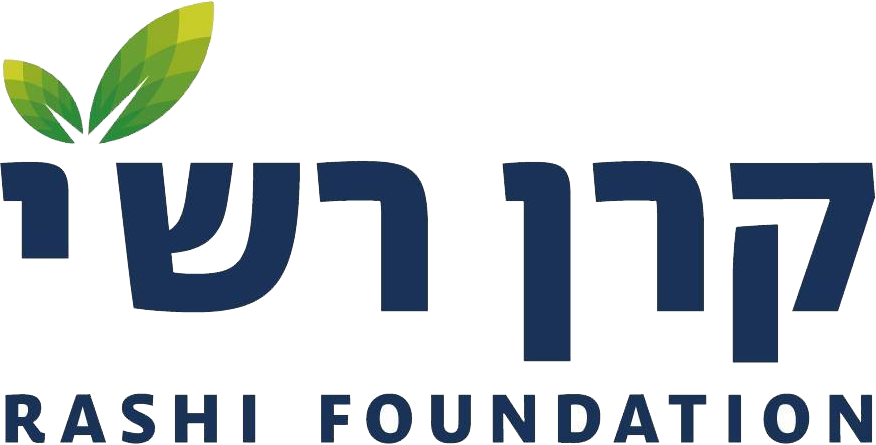Michal Cohen, Rashi Foundation CEO
In the last few years, the education system in Israel has experienced one crisis after another, reaching what can be described as a continuous post-traumatic state. The problems didn’t start in recent years, but the coronavirus pandemic, which affected all of us, certainly helped neither the teachers nor the students.
Teaching is a profession with one of the highest burnout rates. This is further exacerbated by the teachers’ image and their perceived role, which require a complete makeover. The students too went through a challenging period, both educationally and emotionally, and many of them face additional difficulties due to the rising cost of living.
While the education system did its best to cope with the COVID crisis, this was not used as an opportunity for the much-needed change in the teaching profession in Israel.
The teaching crisis is undoubtedly the major challenge facing the Israeli education system. It affects directly not only the teachers but also the students. On this subject there is a wall-to-wall consensus: left-wing and right-wing, coalition and opposition – everyone agrees that in-depth change is necessary. However, we are still far from turning this agreement into action.
Looking at the data leaves no room for doubt. The education system is in trouble; school teachers and principals are quitting and others are reluctant to join; people who left financially rewarding careers to retrain as teachers find it hard to survive. It is sad to see the whole situation narrowed down to an issue of wages in the public discourse – of course teachers should earn more, but this is only one in a long line of things that must be changed.
The time is ripe for establishing a national commission to deal with teachers’ status. Not to examine the education system as a whole, but to focus on one issue: in-depth review of the status of teachers and the teaching profession. This is the key factor that, if resolved, can be a real game changer.
In the current political climate, the terms of government ministers become shorter and shorter. They come with many plans and good intentions, but before getting a chance to do much they are replaced by a new minister with a different agenda. This is why it’s important to have a statutory, nonpartisan commission comprised of professionals whose sole mandate is to solve the teachers’ crisis. Such a commission will not be guided by immediate political considerations, but by a long-term view of the country’s needs. It will draft a budgeted master plan that will remain in place through changes of government.
Above all, we need a paradigm shift: realizing that the teachers’ issue cannot be resolved by wage increases alone. It requires a holistic approach that covers training programs, admission criteria, terms of employment and retirement. In the end, what determines the quality of the education system is the quality of its teachers.












